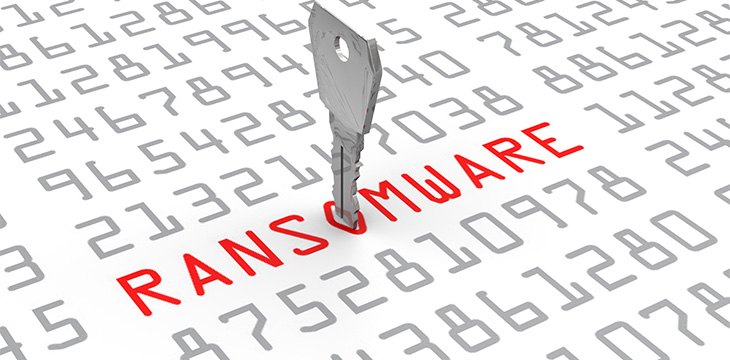|
Getting your Trinity Audio player ready...
|
The United States is stepping up its fight against ransomware attacks and in the latest move, federal authorities are targeting the digital currency industry with fresh sanctions. U.S. Treasury Department sanctioned Russian exchange Suex in connection with its alleged role in processing payments related to ransomware attacks.
The Biden administration has stepped up the fight against ransomware even as attacks in the U.S. intensified over the past two years. In 2020, the country accounted for over half of all attacks globally according to cybersecurity firm BlackFog. The attack that grabbed the headlines was on Colonial Pipeline after the attackers led to a standstill in the East Coast’s fuel supply.
U.S. Treasury is seeking to crack down on this multi-billion sector, starting off with the sanctions against Suex—a landmark action against a digital currency exchange. Treasury claimed that 40% of all transactions on the exchange, which is incorporated in the Czech Republic, involve some type of illicit activity. The sanctions will block all transactions between Suex and U.S. customers in what the Treasury says will be a first of many.
Suex mostly communicates with its clients via encrypted messaging apps such as Telegram. According to TRM Labs, a digital forensics company, the exchange only accepts new users via referrals. Its minimum transaction amount is $10,000, auguring well with its alleged clientele as ransomware criminals tend to cash out large sums.
The action against Suex should be viewed as a positive, Ari Redbord, the head of legal and government affairs at TRM Labs told Politico. It shows that there’s a way for the government to police the industry without necessarily hurting the everyday digital currency users.
Redbord, a former assistant U.S. attorney general, told the news outlet, “This actually really shows the opposite: that law enforcement and regulators can go after the illicit actors who take advantage of crypto without sort of going after the technology itself.”
Wally Adeyemo, the Treasury Deputy Secretary concurs, pointing out that most exchanges operate within the confines of the law. However, there are a few bad apples, and the Treasury will not rest until it stamps them out.
“The majority of virtual currency exchanges are dealing in predominantly legal activity and have improved their compliance regimes over the last few years. However, there is a subset of smaller nascent exchanges transacting a disproportionate amount of the illicit transactions flowing through the virtual currency ecosystem,” Adeyemo stated.
Watch: CoinGeek Zurich panel, Using Blockchain to Strengthen Cybersecurity

 02-17-2026
02-17-2026 




